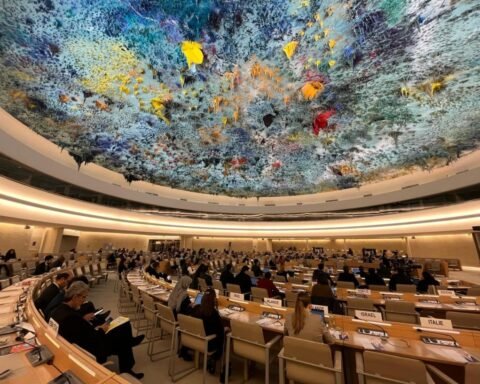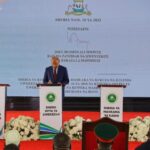The mere mention of the name Vladimir Putin sends a shiver down the spines of policymakers and citizens across the United States and Western Europe. This deep-seated unease and intimidation can be attributed to several factors that have made Putin one of the most formidable and feared leaders on the global stage.
Watch:
Resurgence of Russian Military Might
Since taking power in 1999, Putin has made a concerted effort to rebuild and modernize Russia’s armed forces, which had fallen into a state of disrepair following the collapse of the Soviet Union.
The Russian Armed Forces are the world’s fifth largest military force, with 1.15 million active-duty personnel and close to two million reservists.
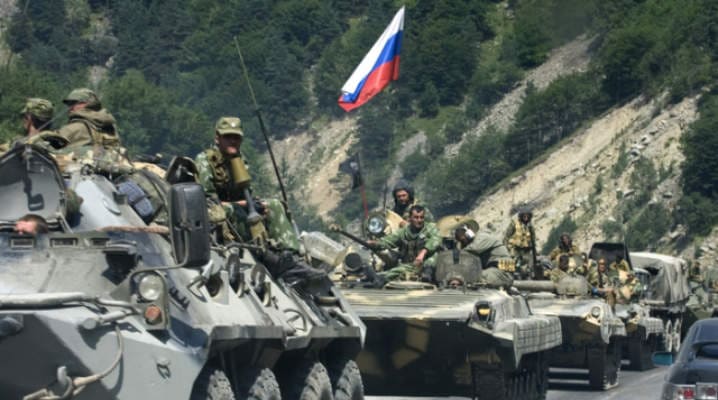
Through significant investments in advanced military technology, including nuclear weapons, conventional forces, and cutting-edge cyber capabilities, Putin has transformed Russia into a military powerhouse capable of projecting power far beyond its borders.
Russian President Vladimir Putin with military leaders Sergei Shoigu, in foreground, and Valery Gerasimov last year. PHOTO: MIKHAEL KLIMENTYEV/SPUTNIK/KREML/SHUTTERSTOCK
The West’s awareness of Russia’s military resurgence under Putin’s leadership has led to a heightened sense of vulnerability and concern. The spectre of Russia’s ability to challenge Western hegemony, whether through conventional or unconventional means, has become a major source of anxiety for NATO members and other US allies. The potential for escalation and the risk of miscalculation in any confrontation with Putin’s Russia have made Western leaders increasingly cautious and reluctant to directly confront the Russian president.
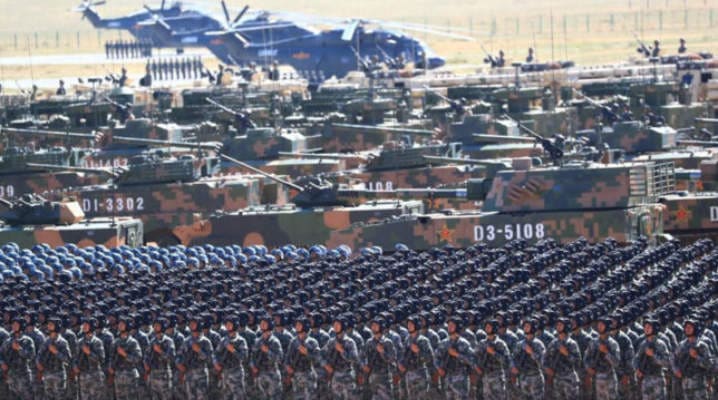
Also Read:Russia-China Alliance Shakes The Dominance, Stability of Western Allies
His Geopolitical Ambitions and Assertiveness
Beyond the military realm, Putin has demonstrated a clear ambition to reassert Russia’s influence on the global stage and challenge the post-Cold War order dominated by the United States and its Western allies. His interventions in Ukraine, Syria, and other regions, as well as his efforts to build his country at all cost, has positioned him as a formidable adversary in the geopolitical arena.

The West’s fear of Putin’s geopolitical assertiveness is rooted in the recognition that he is willing to take bold, and at times, risky actions to advance Russia’s interests. His annexation of Crimea, support for separatists in eastern Ukraine, and deployment of military forces to Syria have all contributed to a perception of Putin as a leader who is unafraid to test the limits of international norms and challenge the established order.
Also Read:How Vladimir Putin’s Leadership has Transformed Russia.
The charisma and Influence of Vladimir Putin
Since first coming to power in 1999, Vladimir Putin has established himself as one of the most formidable and feared leaders on the global stage. Despite facing various challenges and setbacks over the years, Putin has managed to maintain a remarkable tenure as president and his influence continues to be a source of deep concern for the United States and its Western European allies.
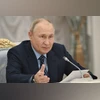)
Resilience in the Face of Sanctions and Pressure: Despite the imposition of various economic sanctions and diplomatic pressure from the West, Putin has demonstrated a remarkable ability to weather these challenges and rebuild Russia. This resilience further reinforces the perception that he is a formidable adversary who cannot be easily deterred or contained.
Facts
As long as Putin remains in power, he will continue to be a source of significant concern and a major challenge for the United States and its European allies.



